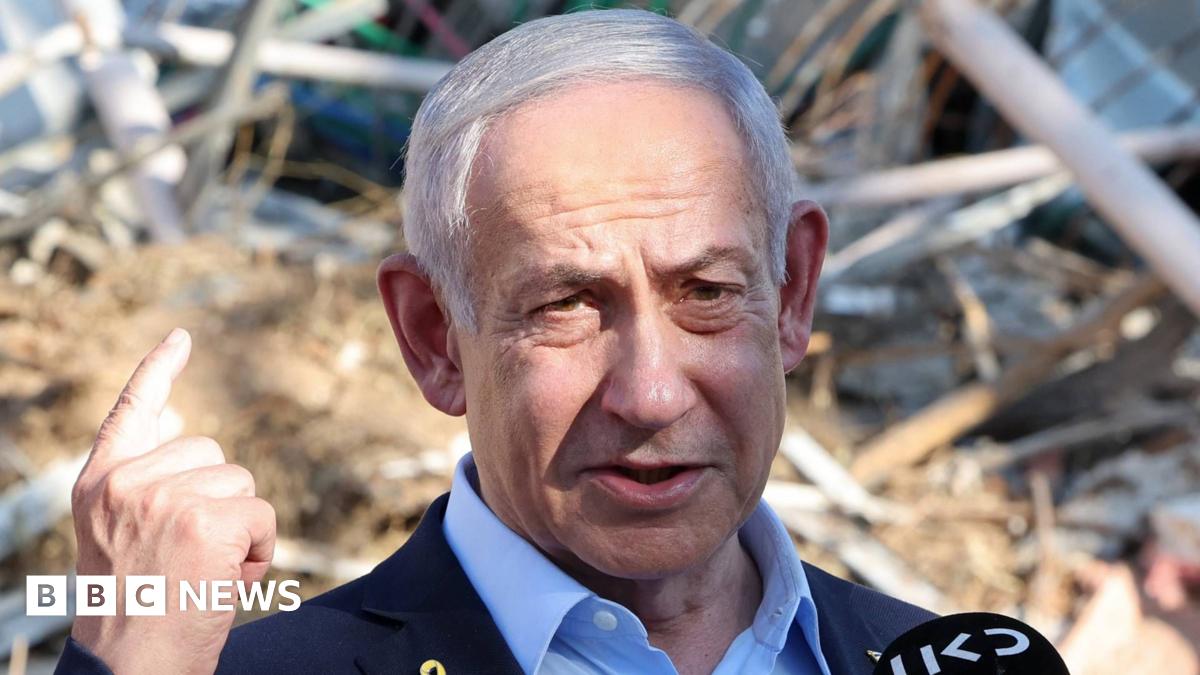Iran's Nuclear Ambitions: Setback or Stalling? Israel Claims Years of Progress Lost, US Report Paints a Different Picture

Tensions escalate in the Middle East as conflicting reports emerge regarding Iran's nuclear program. While Israel asserts that recent US strikes have significantly hampered Iran's advancements, pushing back their timeline by “many years,” a leaked US intelligence assessment suggests a far more limited impact – a mere “few months.” This divergence in perspectives fuels uncertainty and intensifies geopolitical concerns.
Israel's Strong Stance: A Major Blow to Nuclear Aspirations
Israeli officials have been vocal in their condemnation of Iran’s nuclear ambitions and have consistently maintained that the country is actively pursuing weapons-grade material. Following a series of strikes attributed to the US targeting Iranian nuclear facilities, Israeli sources claim the program has suffered a substantial setback. They argue that the strikes have damaged key infrastructure, disrupted research and development efforts, and significantly delayed Iran's progress toward a nuclear weapon. The “many years” claim underscores the perceived severity of the damage and the long-term implications for regional security.
US Assessment: A More Measured Response
However, the recently leaked US intelligence assessment presents a contrasting narrative. According to this report, the US strikes, while disruptive, have only managed to delay Iran’s nuclear program by a few months. This assessment suggests that Iran's resilience and its ability to quickly adapt and rebuild damaged facilities have minimized the long-term impact of the strikes. The report highlights Iran’s continued investment in its nuclear infrastructure and its determination to press forward with its program.
Understanding the Discrepancy: Intelligence Gathering and Interpretations
The significant difference in assessments raises questions about the methodologies and sources used by each side. Israeli intelligence likely relies on a combination of human intelligence, signals intelligence, and open-source data, potentially providing a more granular and immediate picture of the damage inflicted. The US assessment, on the other hand, may be based on broader analytical frameworks and a more cautious evaluation of the situation. Furthermore, differing interpretations of what constitutes a “significant setback” could contribute to the contrasting conclusions.
Geopolitical Implications & Future Outlook
Regardless of the precise extent of the setback, the conflicting reports underscore the complex and volatile nature of the Iran nuclear issue. The situation has serious implications for regional stability, with potential for escalation if diplomacy fails and tensions continue to rise. The ongoing debate over the effectiveness of strikes versus diplomatic solutions remains a central point of contention.
The future trajectory of Iran's nuclear program hinges on several factors, including the outcome of ongoing international negotiations, the US's policy towards Iran, and Iran's own strategic calculations. A renewed commitment to diplomacy, coupled with robust verification mechanisms, remains the most viable path towards preventing Iran from acquiring nuclear weapons and ensuring regional security. However, with trust eroded and tensions high, achieving a breakthrough will require significant effort and compromises from all parties involved.






